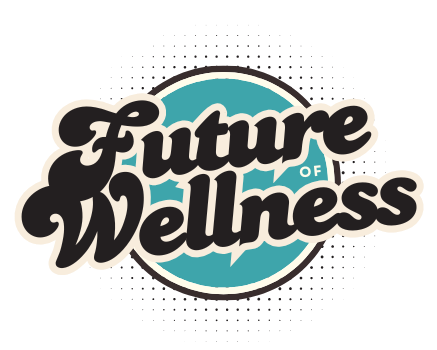We all love a fresh start—that New-chapter buzz that comes with changing up what’s on our plate.
But if you’ve recently swapped omelets for oat milk lattes and kale Caesar salads for ethical brownie points, it’s worth asking why you made the leap.
A plant-only menu can absolutely nourish body, planet, and conscience, yet the motivation matters just as much as the meal.
Below are six red flags I spot again and again—tiny flashing lights that suggest the switch may be fueled by something other than genuine well-being or compassion.
1. You’re chasing quick weight loss over sustainable health
Remember those finance-world sprints to beat quarterly targets? I approached my first “vegan month” with the same urgency—and crashed just as fast. Scale-obsession keeps you focused on numbers, not nourishment, and that’s a recipe for yo-yo frustration.
As plant-based dietitian Rosie Martin reminds us, “A vegan diet does not guarantee weight loss”.
Swap the deadline mindset for a long-game strategy: crowd your cart with fiber-rich whole foods, track energy levels instead of pounds, and check in with a pro if fatigue or cravings spike. When health becomes the KPI, plate choices fall into place naturally.
2. You think “plant-based” automatically means guilt-free junk food
Vegan donuts? Plant-based pepperoni? They certainly exist—and my trail-running legs once relied on that boxed mac & “cheese” more often than I’d admit at the farmers’ market.
The trouble is, a green V logo can trick your brain into eating twice as much of a product that’s still loaded with refined oils, sugar, and sodium.
If your pantry looks like a neon shrine to processed snacks, step back.
Ask: Would I feel good if this weren’t branded vegan? Stock the staples—beans, lentils, seasonal produce—then treat faux-meats as the garnish, not the main event. Your gut (and wallet) will thank you.
3. You’re trying to impress friends or social media
Once, after posting a gorgeous beet-hummus bowl on Instagram, I racked up likes faster than marigolds sprout in my garden beds.
The dopamine hit felt great—until I realized I’d become more committed to the aesthetic than the lifestyle. If you find yourself rearranging lunches for photo ops or panicking over dinner invites that don’t fit your feed, pause.
Trends fade, algorithms change. Lasting dietary shifts stick only when they align with personal values, not hashtags. Journal about your private why—no filters allowed—and watch how quickly external pressure loses its grip.
4. You’re using it as a shield for restrictive eating patterns
As sports dietitian Renee McGregor warns, ‘A lot of people start with a flirtation with veganism, because it’s trendy and it provides an easy opportunity to fully remove food groups, and makes it legitimate.’
If cutting animal products helps you dodge entire food categories (or social situations involving food), consider whether control—not ethics—is at play.
Skipping dairy because it upsets your stomach is one thing; banning food after food until mealtimes feel like math class is another. Notice anxiety around portion sizes, rigidity in meal timing, or panic when a label doesn’t spell out every ingredient.
If any of this sounds familiar, reach out—to a registered dietitian, a therapist, or a trusted friend. Food should nourish, not dominate.
5. You believe it guarantees moral superiority
“The most ethical diet,” notes physician-advocate Michael Greger, “just so happens to be the most environmentally sound diet and just so happens to be the healthiest.”
Inspiring, yes—but not a license to perch on a pedestal. If conversations start sounding like judgment (“I could never hurt animals the way you do”), you risk alienating the very people you hope to influence.
Try curiosity instead of condemnation: share a favorite lentil-walnut taco recipe, discuss local food systems, or invite a friend to that weekend veggie cook-off. Moral growth thrives on empathy, not superiority.
6. You haven’t considered your body’s unique needs
A decade crunching spreadsheets taught me that every portfolio has different risk parameters; the same goes for nutrient needs.
Iron, B-12, iodine, calcium—your required amounts shift with age, activity, even genetics. If fatigue dwarfs the initial plant-based glow, or if your running splits stagnate, your body might be waving a deficiency flag.
Before buying another supplement advertised by a fit influencer, book a lab panel and review it with a practitioner who understands vegan nutrition. Tailoring the diet to you turns guesswork into strategy and keeps that vibrant energy humming through long meetings and longer trail miles.
Final thoughts
Going vegan can be an act of compassion, a health upgrade, or both. But when the motivation skews toward external validation, crash-diet promises, or rigid perfectionism, the journey stalls.
Check in with yourself: What drew me here? What do I hope to feel six months down the line? Let those answers steer your next grocery trip.
The greener path is most rewarding when it’s walked on your own terms—mindful, flexible, and deeply aligned with who you want to become. Happy exploring, and pass the roasted chickpeas.








